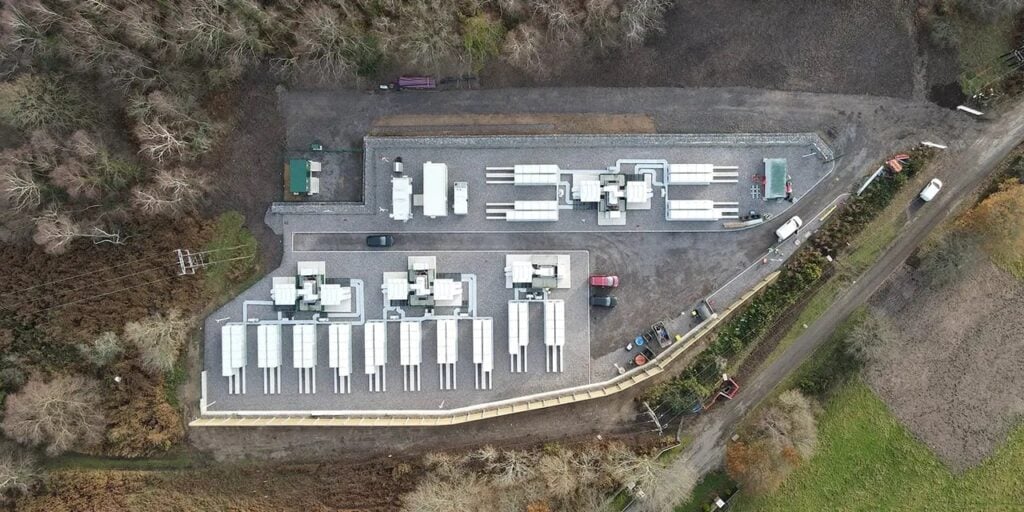Ofgem has faced criticism from developers of battery energy storage systems (BESS) through an open letter addressed to the energy regulator. The letter outlines how its new long-duration energy storage (LDES) support scheme introduces biases against batteries.
It cites an LCP Delta report, Value of long-duration BESS to the GB power system, which argues that although long-duration BESS is cheaper for the system, market signals do not sufficiently support BESS projects to build at long durations without the cap and floor.
The report is used as evidence in the letter to Ofgem, the government, the Department for Energy Security and Net Zero (DESNZ) and the National Energy System Operator (NESO).
According to the open letter signatories, who represent a collective 37% of the UK’s 5.3GW operational storage capacity, although lithium-ion technologies are now able to apply for the LDES support scheme, the technical decision document (TDD) published by Ofgem in March still presents barriers to entry for BESS.
When the support scheme was first floated, the government suggested electricity storage technologies that can already be funded under existing market conditions— “such as lithium-ion Battery Energy Storage Systems (BESS)”—should be excluded.
Of 96 respondents to the initial consultation, 39 ‘disagree’ responses were given, and it was clarified that projects would not be excluded “solely on the basis of their technology type”.
The government said eligible technologies could include “novel iterations of lithium-ion batteries which are specifically developed for longer-duration electricity storage, so long as they also meet the other eligibility criteria that apply”.
However, the open letter argues that BESS will be prejudiced against as the scheme will distort the market for shorter duration BESS, which won’t have revenue support in the way that longer projects will. LCP Delta estimates this to cause a 12% reduction in operating margin for shorter durations.
BESS exclusion threatens CP30 targets
The TDD focuses on pumped storage hydro (PSH), which has longer lead times, and other technologies that are not yet commercially viable.
Duncan Stone, deputy director for smart electricity systems at DESNZ, said that more LDES is expected to come online post-2030, which is the target year for a clean power system; the government’s Clean Power 2030 Action Plan (CP30) has a target of 4-6GW LDES by then.
LCP found that the CP30 target of 23-27GW short-duration energy storage capacity is threatened by BESS being excluded from the cap and floor, because the minimum duration element distorts incentives to build below the minimum supported duration.
Under the scheme, Stream 1, for mature technologies, requires a Technology Readiness Level (TRL) of 9 and minimum project size is 100MW. For Stream 2, novel technologies applying for support must have TRL 8 and a minimum size of 50MW.
According to LCP Delta’s report, this shift to longer durations leads to a 10-12% lower operating margin for two-hour and four-hour BESS, resulting in an 8GW reduction in total one-, two-, and four-hour BESS build outside the cap and floor.
You can read the full article on our sister site, Solar Power Portal.






